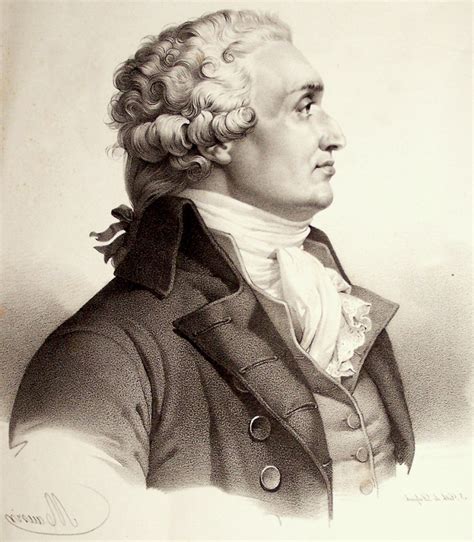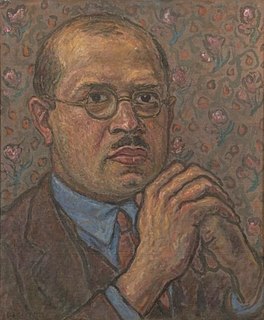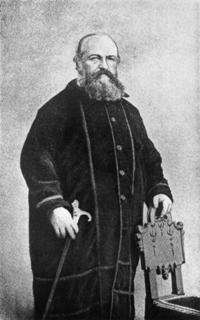A Quote by Marcel Proust
To understand a profound thought is to have, at the moment one understands it, a profound thought oneself; and this demands some effort, a genuine descent to the heart of oneself . . . Only desire and love give us the strength to make this effort. The only books that we truly absorb are those we read with real appetite, after having worked hard to get them, so great had been our need of them.
Related Quotes
As the mind learns to understand more complicated combinations of ideas, simpler formulae soon reduce their complexity; so truths that were discovered only by great effort, that could at first only be understood by men capable of profound thought, are soon developed and proved by methods that are not beyond the reach of common intelligence. The strength and the limits of man
This is that which I think great readers are apt to be mistaken in; those who have read of everything, are thought to understand everything too; but it is not always so. Reading furnishes the mind only with materials of knowledge; it is thinking that makes what we read ours. We are of the ruminating kind , and it is not enough to cram ourselves with a great load of collections:;; unless we chew them over again, they will not give us strength and nourishment.
Discipline brings us effort, sacrifice and suffering. Later it brings us something of an inestimable value: something of which those who live only for pleasure, profit or amusement will always be deprived. This peculiar indefinable joy which one must have felt oneself to understand is the sign with which life marks its moment of triumph.
When you love someone, truly love them, you lay your heart open to them. You give them a part of yourself that you give to no one else, and you let them inside a part of you that only they can hurt-you literally hand them the razor with a map of where to cut deepest and most painfully on your heart and soul. And when they do strike, it’s crippling-like having your heart carved out.
Anxiety and desire are two, often conflicting, orientations to the unknown. Both are tilted toward the future. Desire implies a willingness, or a need, to engage this unknown, while anxiety suggests a fear of it. Desire takes one out of oneself, into the possibility or relationship, but it also takes one deeper into oneself. Anxiety turns one back on oneself, but only onto the self that is already known.







































